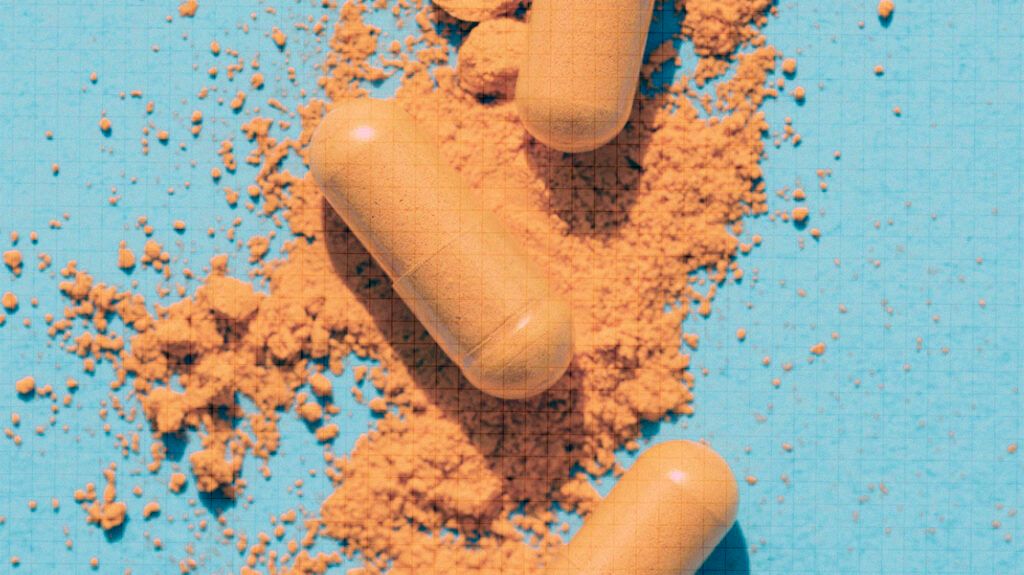HS can cause lumps, lesions, and abscesses on the skin. Often, these lesions create an unpleasant odor due to a buildup of sweat, bacteria, and skin tissue. Treating HS often minimizes the odor.
Many people with HS may notice a bad odor when they are experiencing a flareup.
Medications, certain hygiene practices, and lifestyle changes can often help to minimize the odor.
This article discusses the cause of HS odor, how to recognize it, and different ways a person can help to reduce this symptom.

HS causes lumps or boils to develop on the skin, which can produce an environment where it is easy for bacteria to grow. Inflammation, bacteria, and the breakdown of sweat and skin tissue can create compounds that give off a foul odor.
A pus-filled abscess may develop if the bacteria growing on the skin infects a lesion. This pus is made up of white blood cells, dead tissues, bacteria, and fluid from the blood. When pus drains from the abscess, it causes an unpleasant odor.
Learn more about what causes HS.
The odor associated with HS can vary from person to person. The extent of infection or severity of a flareup can also affect it.
Often the odor is unpleasant. People may feel embarrassed by the odor.
With support from their healthcare team, a person can manage HS. Managing HS means that the odor is less likely to develop.
Measures to stop the odor include:
Medication
This can include:
- Antibiotics: Topical or oral antibiotics
to help treat the infection or reduce inflammation in the affected areas of the skin. Antibiotics can prevent bacteria from building up on the skin and abscess risk. - Antiseptic: Topical antiseptic washes can help to prevent infection, reducing the chance of bacteria growing in the skin and leading to abscesses.
- Anti-inflammatories: Topical or oral anti-inflammatories can reduce skin inflammation, lessening bacteria buildup and promoting healing in the affected area.
Lifestyle and hygiene changes
Certain lifestyle changes can help to reduce HS symptoms and the chance of flare-ups and infection.
It is important to note that poor hygiene
Beneficial lifestyle and hygiene practices include:
- maintaining a moderate weight
- avoiding smoking
- wearing loose clothing
- using gentle laundry detergents
- avoiding abrasive cleaning
- using antibacterial body wash
- avoiding over-heating or becoming sweaty
- avoiding deodorants that are too harsh
Home remedies
Some at-home remedies can help to reduce inflammation and promote abscess drainage, which can minimize any unpleasant odors associated with HS.
While research into complementary and alternative treatments for HS is ongoing, it is still common for individuals to use home remedies to help manage the condition.
Common ones include:
- warm compress
- turmeric supplements or topical paste
- magnesium sulfate (Epsom salt) baths
- topical tea tree oil
- bleach baths
HS odor can sometimes be difficult to manage and
A doctor can also help to educate the individual on their condition and help them understand that the symptoms are not their fault.
It is normal for those with HS to feel concerned about odor associated with the condition, and a doctor may be able to signpost them to resources that can help with this worry. A person should speak with a healthcare professional if the odor is affecting their mental health or well-being.
If a person does not follow advice from their doctor to manage their HS, this may lead to worsening symptoms, including an unpleasant odor. The HS odor usually occurs due to inflammation and bacteria buildup, which certain treatments and practices can help to avoid.
Individuals should maintain good hygiene in line with advice from their healthcare team to manage HS odor.
Odor is a common symptom of HS resulting from a buildup of bacteria, inflammation, and the breakdown of certain tissues. A person can manage their condition in many ways and help reduce HS odor through medication, lifestyle and hygiene practices, and home remedies.
Some people may find that the odor affects their mental and physical well-being, and it is important to remember that it is not their fault. Receiving education on the condition and how to manage it can help to improve this symptom and any related issues.
